Brain Drain: Wake up to fatigue! Fatigue – or excessive tiredness – is one of the most commonly experienced effects of brain injury. Indeed, it is the most commonly cited effect of brain injury reported by the 11,000 callers to our helpline each year.
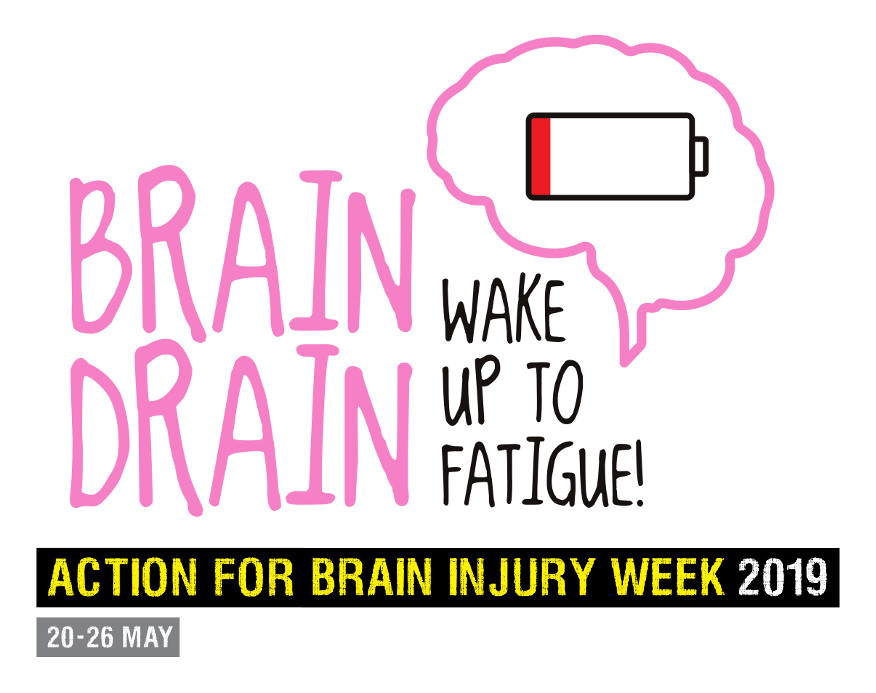
Our brains control everything we do, think and feel. They are the control centre that dictates our actions and reactions, and the pace at which they happen. They are our batteries, recharged with sleep and rest. But after brain injury, these batteries drain far more quickly and therefore need recharging on a much more regular basis – often every few hours.
Added to this, sleep problems as a result of brain injury can make it more difficult to recharge and combat fatigue.
Fatigue can affect one’s recovery process and daily life. But as with many of the hidden effects of brain injury, ‘pathological fatigue’ can be widely misunderstood – not just by those around us, but even by the individuals themselves.
Through our Brain Drain campaign, we aim to give a voice to those affected, helping to raise awareness and break the stigma of brain injury-related fatigue.
Survey results
At the heart of the campaign is our latest survey, entitled Experiences of fatigue after brain injury.
It was designed to highlight just how common fatigue is and how far reaching its impact can be, while also examining ways in which we can best support those affected.
An incredible 3,166 brain injury survivors completed the survey, making it the most popular study Headway has conducted to date. Unsurprisingly, we found that people’s experiences of managing fatigue are entirely negative – with many respondents labelling their experience as ‘frightening’ and ‘destroying’.
Key findings:
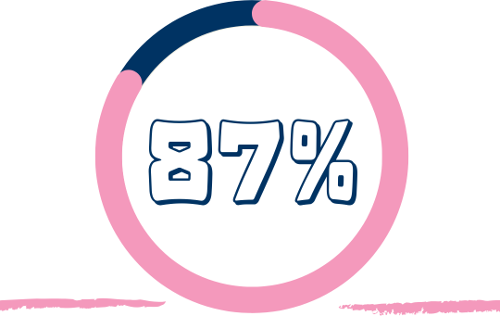
87% of respondents feel that fatigue has a negative impact on their life.
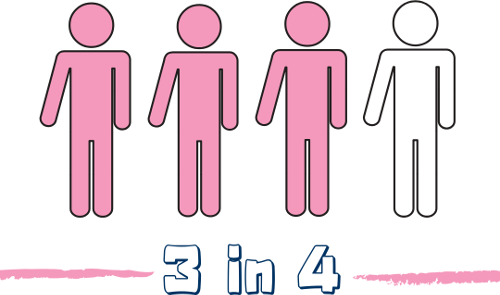
75% of brain injury survivors feel that people in their life do not understand their brain injury-related fatigue.
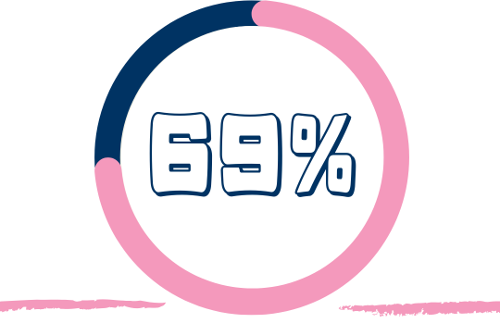
More than two thirds (69%) of respondents believe that they have been unfairly judged or treated as a result of people not understanding their brain injury-related fatigue.
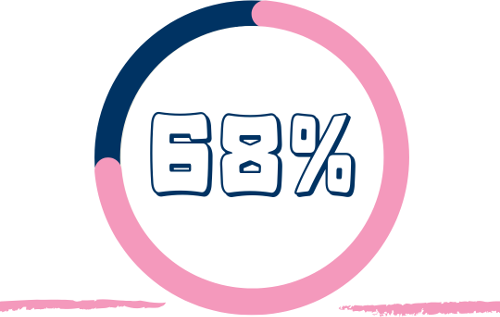
More than two thirds (68%) of brain injury survivors feel that their romantic relationships have worsened as a result of fatigue.
Get involved: Start your fatigue diary
Nobody understands the hidden effects of brain injury more than those directly affected. That’s why we’re putting brain injury survivors at the heart of our Brain Drain campaign.
We’re looking for brain injury survivors who are affected by fatigue to help us increase awareness of the impact it can have on everyday life by completing one of our Brain Drain Diaries using the templates provided – or by providing short snippets of video diaries.
Download our how to create a fatigue video diary (PDF) guide to get involved!
If you'd prefer to send a written fatigue diary that's fine too. We've put together an example (DOC) to get you started, and once completed you can send it to press.manager@headway.org.uk for inclusion in our campaign.
Explore fatigue
My story
Lottie Butler
"Despite it being difficult to come to terms with my brain injury and its effects initially, I'm now eager to get my fatigue under control and start learning how to live with a brain injury."
Read storyBrain injury study finds chronic fatigue widely misunderstood
Find out moreBrain Drain: Experiences of fatigue after brain injury
Find out moreUnravelling the mystery of fatigue
Find out moreTop tips for a good night's sleep
Sleep and rest are effective ways to reduce the symptoms of fatigue, one of the most common effects of a brain injury. However, for many brain injury survivors, a good night’s sleep isn’t always easil...
Find out moreCandice Ridley
Find out moreJulie Sadler
Find out moreBelinda Medlock
Find out moreFatigue
For many people after brain injury, fatigue may feel like overwhelming tiredness, which makes them unable to complete normal activities of daily living.
Find out moreEffects of brain injury
Find out about some of the main difficulties that arise after brain injury, together with some suggestions as to how to deal with them.
Find out more








